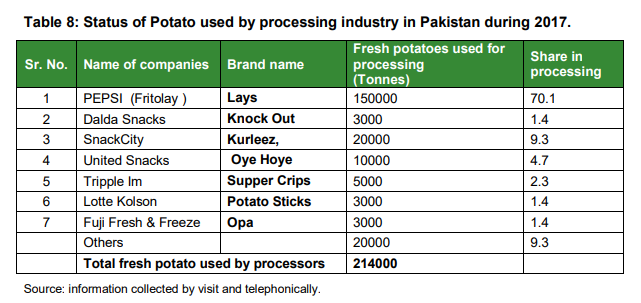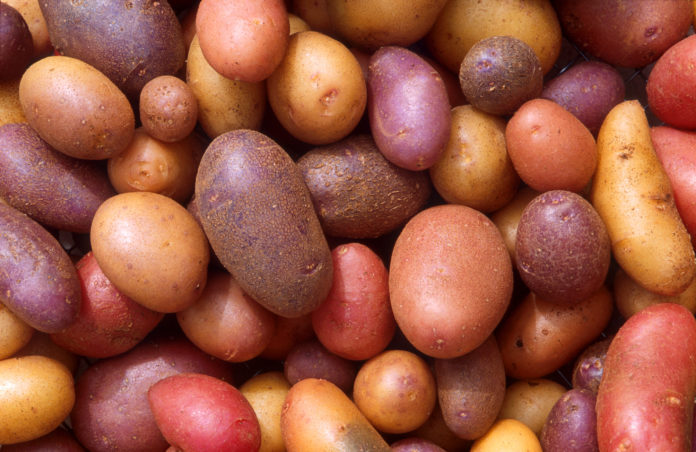At the British library in London, tucked away in their vast collection is the Nimatnama — The Book of Delights. This incredible manuscript holds within it a wealth of recipes from the court of Sultan Ghiyas al-Din Khilji, the 15th century ruler of the Malwa empire which had seceded from the Delhi Sultanate.
By all accounts, the book is a fascinating exploration of the cuisine of its time, detailing in meticulously written Naskh script the recipes and cooking techniques that went behind some of the Sultan’s favourite dishes. It is a thoroughly gluttonous book. It provides very specific instructions to prepare mouth-watering dishes featuring quail, partridge, mutton, all cooked in generous amounts of ghee and flavoured to the teeth with cardamoms, cloves, coriander, fennel, cinnamon, cassia, cumin and fenugreek. Yet, perhaps one of the most fascinating parts of the entire book are the eight different recipes it provides for samosa — none of which feature potatoes in any way, shape, or form.
The case of the missing aloos in the Nimatnama has been documented, discussed, and dissected before this. Today, the first thing you think of when a samosa is mentioned are potatoes. Yet this lumpy, brown, root that is an incredibly common part of pantries all over the subcontinent is neither native to this land nor has it been around for too long. The first potatoes were brought to India from Peru by Dutch settlers in the late 17th century and planted along the Malabar coast. However, it would not be until the late 18th century, when the British would promote the growth of potatoes all over the subcontinent, that they would quickly assimilate into Indian cuisine and become a vital if oft-ignored hero of many dishes.

So think, for a moment, about this humble vegetable. Once the sole property of native Peruvians, its journey across the New World to Europe and then Asia beyond it has in only a couple of centuries turned it into the fifth most important crop in the world after wheat, corn, rice, and sugarcane. Easily grown, versatile, and, most importantly, delicious, good potato crops have managed to feed entire nations, while bad harvests have led to famine, starvation, and death. So what is the state of potatoes in Pakistan?
To read the full article, subscribe and support independent business journalism in Pakistan
The content in this publication is expensive to produce. But unlike other journalistic outfits, business publications have to cover the very organizations that directly give them advertisements. Hence, this large source of revenue, which is the lifeblood of other media houses, is severely compromised on account of Profit’s no-compromise policy when it comes to our reporting. No wonder, Profit has lost multiple ad deals, worth tens of millions of rupees, due to stories that held big businesses to account.
Hence, for our work to continue unfettered, it must be supported by discerning readers who know the value of quality business journalism, not just for the economy but for the society as a whole.


























I wanted to thank you for this great read!! I definitely enjoying every little bit of it I have you bookmarked to check out new stuff you post.
온라인 카지노
j9korea.com/